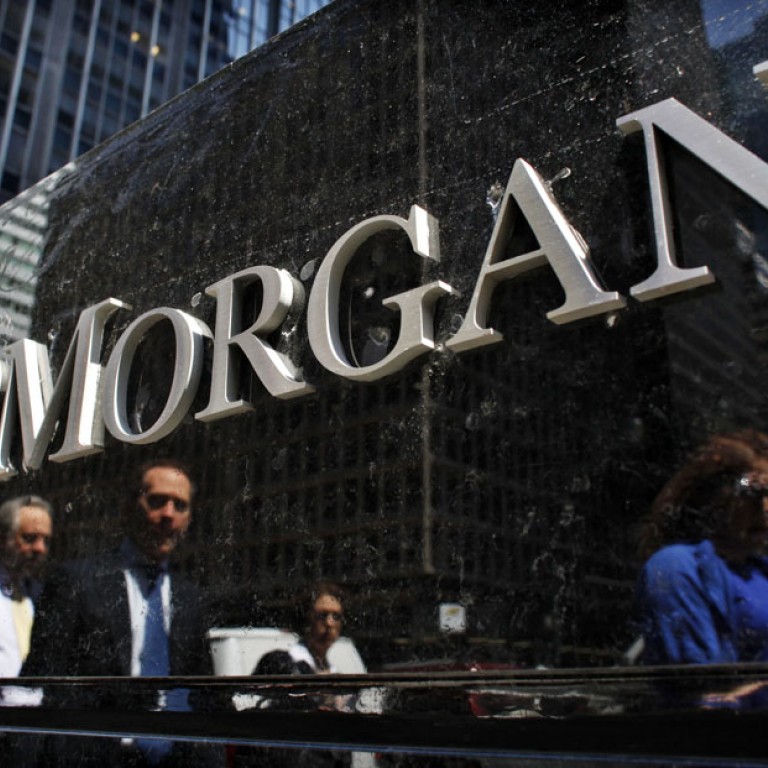
JPMorgan exiting physical commodities trading
JPMorgan Chase is exiting physical commodities trading, the bank said in a surprise statement, as Wall Street's role in the trading of oil tankers, coffee beans and metals comes under intense political and regulatory pressure.
JPMorgan Chase is exiting physical commodities trading, the bank said in a surprise statement, as Wall Street's role in the trading of oil tankers, coffee beans and metals comes under intense political and regulatory pressure.

The bank's announcement followed a week of unprecedented scrutiny of Wall Street's commodity operations, after the Federal Reserve said it was reviewing a landmark 2003 decision that allowed commercial banks to trade in physical markets to "complement" their financial activity.
JPMorgan has also faced pressure from a power market manipulation scandal in California and the Midwest, with reports suggesting it will soon pay a near record US$410 million settlement with the Federal Energy Regulatory Commission.
The Department of Justice and the US Commodity Futures Trading Commission have also launched probes into the metal warehousing businesses owned by Wall Street banks and other large physical traders, which have been accused of driving up metals prices.
Some lawmakers and customers have said banks can take advantage of their multiple roles to manipulate prices and get an information edge. They've also warned a catastrophe involving a bank-owned supertanker or power plant could jeopardise a lender's health and leave taxpayers on the hook for a bailout.
The decision will bring questions about the next move for Blythe Masters, the architect of JPMorgan's growth in commodities and one of the most famous women on Wall Street.
The commodities unit, led by Masters, 44, trades derivatives and lends to companies and projects.

